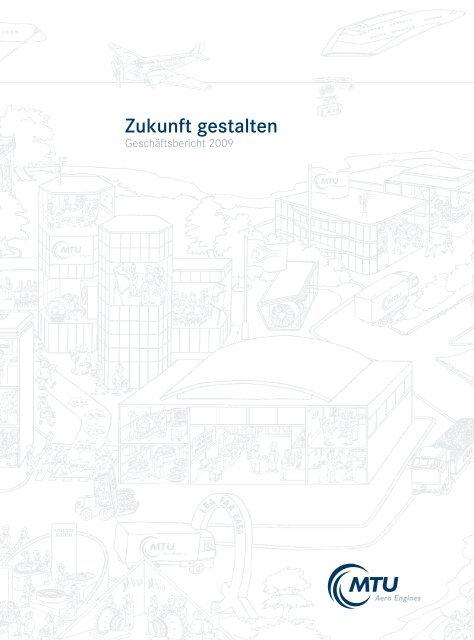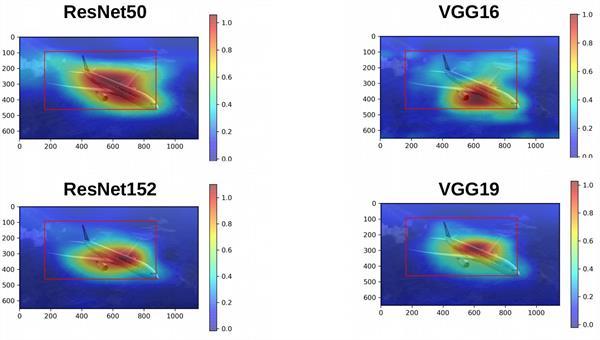DLR at a glance
The German Aerospace Center (DLR) is the research center of the Federal Republic of Germany for aerospace.
In mid-October 2021, a delegation from MTU Aero Engines was a guest at the Hamburg site of the German Aerospace Center (DLR) at the Center for Applied Aeronautics Research (ZAL). The occasion was a strategic dialogue, which the DLR chairperson Prof. Anke Kaysser-Pyzalla, the board member for innovation, transfer and scientific infrastructures Prof. Karsten Lemmer, the aviation division board member Dr. Markus Fischer and Aviation Program Director Andreas Manecke led with MTU. The talks focused on the reorientation of aviation after the Corona crisis with a view to climate change and the climate goals of the European Green Deal.

"MTU and DLR will intensify and coordinate their joint research efforts on the vision of emission-free flying by the middle of the century," explains Prof. Anke Kaysser-Pyzalla, "In a first step, a flying demonstrator for electric flight is to be implemented. Another future research topic on the agenda in the direction of climate-neutral aviation is the topic of the so-called water-enhanced turbofan.”
In the coming years, a Dornier 228 aircraft will be equipped and tested with a hydrogen-powered fuel cell and a one-sided electric propeller drive. MTU's job is to develop the entire hydrogen-powered fuel cell powertrain. As a partner to industry, DLR contributes its overall systems expertise in aeronautics research and extensive experience in research flight operations.
The establishment of virtual test and development processes will be decisive for future optimizations and thus energy savings in aircraft engines. DLR and MTU are working together on the "Virtual Engine" - a design environment that aims to completely simulate-based design and evaluation of aircraft engines. The test and simulation center of the DLR in Augsburg plays an important role here, where experimental methods and simulation methods from the fields of aerodynamics, structural mechanics and material mechanics are closely combined for research into the next generation of climate-friendly engines. With all these topics of applied aviation research, the acceleration of innovation and technology transfer against the background of ongoing climate change is becoming increasingly important.
Proven collaboration
MTU and DLR can look back on more than 30 years of joint research into modern engine technologies. A highlight at the end of the 1980s was the testing of a new type of fan concept in which the thrust is generated by two fans rotating in opposite directions: the Counter Rotating Integrated Shrouded Propfan (CRISP) promised great potential for reducing fuel consumption compared to conventional aircraft engines. The rapid development of numerical flow simulation began in the 1990s. In this area, MTU recognized the advantages of close cooperation with DLR very early on, since DLR uses the unique opportunity to continuously incorporate results from realistic large-scale tests into the improvement of its own software codes. For example, the DLR flow solver for turbo machines TRACE is used at MTU as a central tool for product development.
DLR at a glance
The German Aerospace Center (DLR) is the research center of the Federal Republic of Germany for aerospace.











Tips to do your electrical installa...
Companies in the Pinneberg district...
Maintal is becoming a smart city th...
New subway workshop and wash bay in...